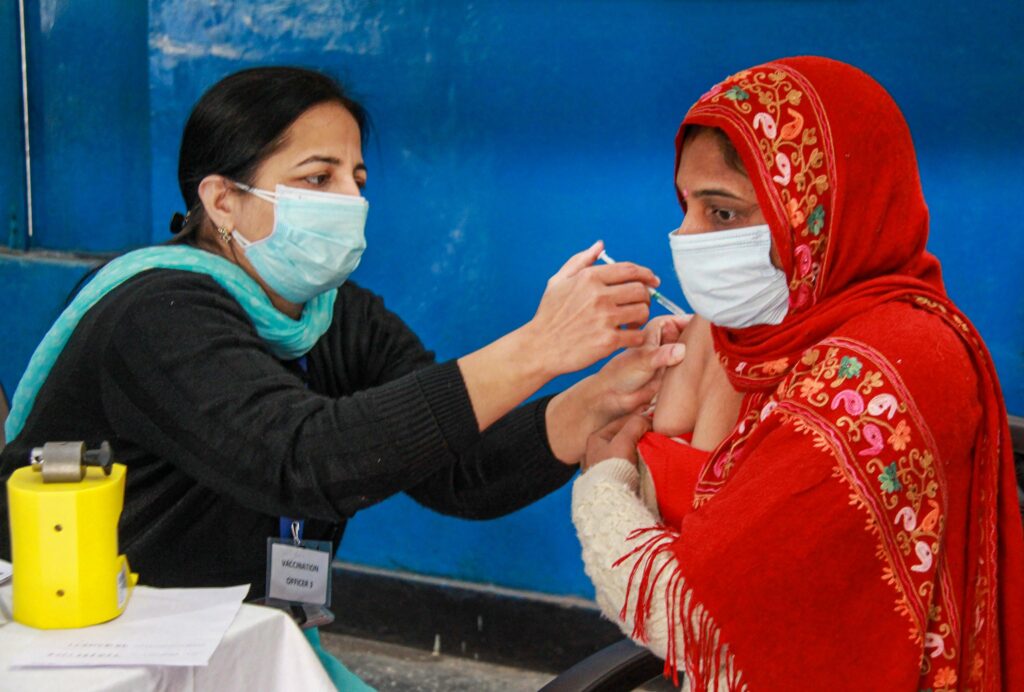In the United States nearly 30 million people and probably many others whose illnesses were never diagnosed have been infected with the coronavirus so far. Should these people still be vaccinated?
Well, there are two new studies that have come up to answer this question.
The research in fact suggests that these people just need one dose of the vaccine which is enough to turbocharge their antibodies and destroy the covid19 virus and also could destroy some more infectious variants.
The results of these new studies are consistent with their findings of two others published over the past few weeks. The researchers suggested on the basis of the two researches, that people who have had Covid-19 should be
Taken together, the research suggests that people who have had Covid-19 should be vaccinated but a single dose of the vaccine may be enough.
Jennifer Gommerman, an immunologist at the University of Toronto who was not involved in the new research said, “I think it’s a really strong rationale for why people who were previously infected with Covid should be getting the vaccine.”
A person’s immune response to natural infection is highly variable. Like most people make abundant amounts of antibodies that persist for many months.
But the people who had mild symptoms or no symptoms of Covid-19 produce few antibodies, who are more vulnerable and can quickly fall to undetectable levels.
The vaccines “even the playing field,” Gommerman said, so that anyone who has recovered from COVID-19 produces enough antibodies to protect against the virus.
According to a latest study which has not yet been published in a scientific journal but says that blood samples from people who have had Covid-19. Some of the findings also suggested that their immune systems would have trouble fending off B1351, the coronavirus variant first identified in South Africa.
But one shot of either the Pfizer-BioNTech or Moderna vaccine significantly changed the picture: It amplified the amount of antibodies in their blood by a thousandfold — Andrew T. McGuire, an immunologist at the Fred Hutchinson Cancer Research Center in Seattle, who led the study said “a massive, massive boost.”
Flush with antibodies, samples from all of the participants could neutralize not only B1351 but also the coronavirus that caused the severe acute respiratory syndrome, or SARS, epidemic in 2003.
In fact, in people who had not had Covid and had received two doses of a vaccine, the antibodies seemed to perform better than those people.
However, multiple studies have also observed that the Pfizer-BioNTech and Moderna vaccines are about five times less effective against the variant.
The blood samples from 10 volunteers were obtained by the researchers in the Seattle Covid Cohort Study who were vaccinated months after contracting the coronavirus. Meanwhile seven of the participants received the Pfizer-BioNTech vaccine, and three received the Moderna vaccine.
Blood taken about two to three weeks after vaccination showed a significant hike in the amounts of antibodies compared with the samples collected before vaccination.
The researchers do not yet know how long the increased amount of antibodies will persevere, but “hopefully, they’ll last a long time,” McGuire said.
The researchers also saw increases in immune cells that remember and fight the virus, McGuire said. “It looks pretty clear that we’re boosting their preexisting immunity,” he said.

